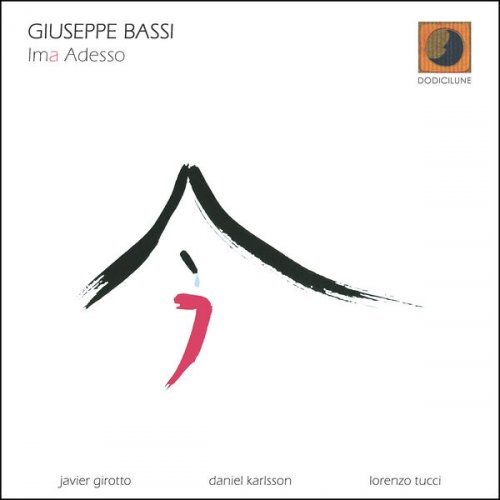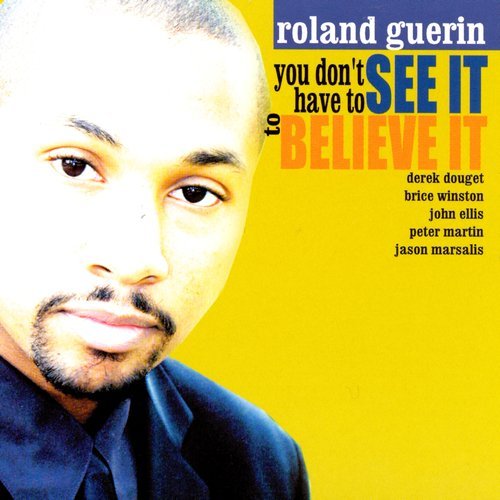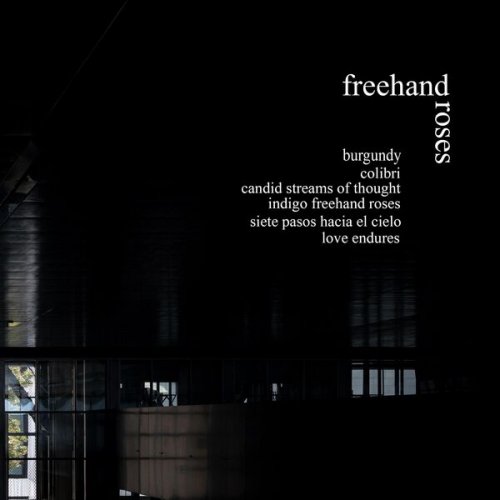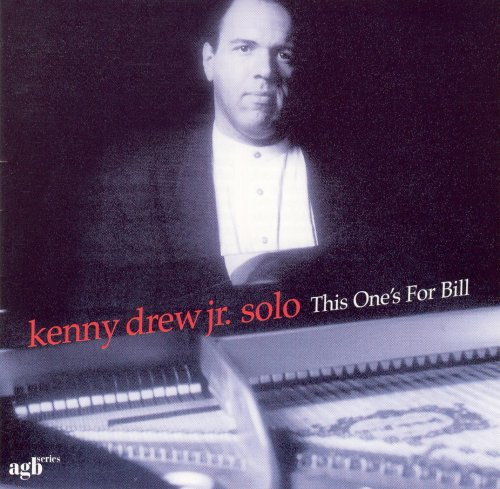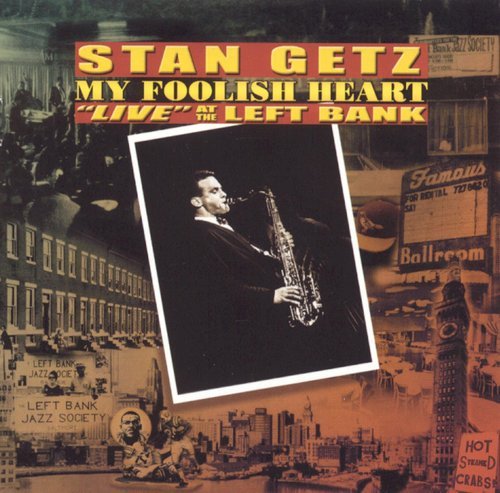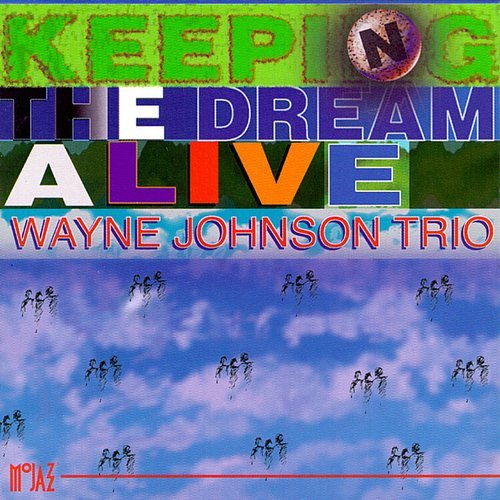BBC Philharmonic Orchestra, Vernon Handley - Arnold Bax: Symphonies (5CD) (2003)
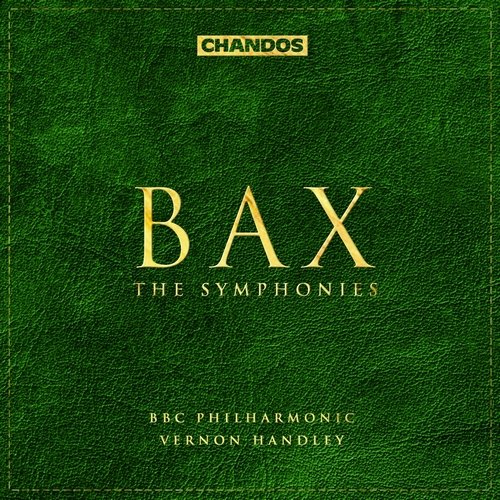
Artist: BBC Philharmonic Orchestra, Vernon Handley
Title: Arnold Bax: Symphonies
Year Of Release: 2010
Label: Chandos Records
Genre: Classical
Quality: FLAC (image+.cue,log,scans)
Total Time: 04:45:34
Total Size: 1,33 Gb
WebSite: Album Preview
Tracklist: Title: Arnold Bax: Symphonies
Year Of Release: 2010
Label: Chandos Records
Genre: Classical
Quality: FLAC (image+.cue,log,scans)
Total Time: 04:45:34
Total Size: 1,33 Gb
WebSite: Album Preview
CD 1:
First Symphony (1921–22)
for Orchestra
To John Ireland
01. I Allegro moderato e feroce – Moderato espressivo –Tempo I
02. II Lento solenne
03. III Allegro maestoso – Allegro vivace ma non troppo presto
Third Symphony (1928–29)
for Orchestra
To Sir Henry J. Wood
04. I Lento moderato – Allegro moderato – Allegro feroce –
Più lento – Lento moderato – Allegro moderato – Allegro
05. II Lento
06. III Moderato – Più mosso – Tempo I – Epilogue. Poco lento
CD 2:
Second Symphony (1924–26)
for Orchestra
To Serge Koussevitzky
01. I Molto moderato – Allegro moderato – Molto largamente –
Moderato semplice – Tempo I – Allegro moderato – Tempo I – Vivace
02. II Andante – Più mosso – Poco largamente – Tempo I
03. III Poco largamente – Allegro feroce – Meno mosso – Molto largamente
Fourth Symphony (1930)
for Orchestra
To Paul Corder
04. I Allegro moderato
05. II Lento moderato – Più mosso (Allegro mdoerato) – Poco largamente – Tempo I
06. III Allegro – Allegro scherzando – Tempo di marcia trionfale – Più largamente – Vivo
CD 3:
Fifth Symphony (1931–32)
for Orchestra
To Jean Sibelius
01. I Poco lento – Allegro con fuoco – Dolce meno mosso –
A tempo I (Allegro con fuoco) – Moderato – Tempo I (Poco lento)
02. II Poco lento – Molto tranquillo – Tempo I
03. III Poco moderato – Allegro – Lento – Tempo I (Allegro) –
Epilogue. Doppio movimento alla breve – Con brio – Più lento
Sixth Symphony (1934–35)
for Orchestra
To Adrian Boult
04. I Moderato – Allegro con fuoco
05. II Lento, molto espressivo – Andante con moto – Meno mosso – Più lento
06. III Introduction. Lento moderato – Poco più vivo –
Scherzo and Trio. Allegro vivace – Andante semplice – Allegro vivace –
Poco largamente – Molto largamente – Tranquillando – Epilogue. Lento
CD 4:
01. Rogue’s Comedy Overture (1936)
To Julius Harrison
Allegro – Brillante molto
02. Tintagel (1917–19)
for Orchestra
To Miss Harriet Cohen
Very moderate tempo – Very quiet – Più mosso –
Tempo I (Moderato) – Molto più mosso – Allegro moderato – Allegro con brio
Tempo moderato – Moderato – Molto largamente
Seventh Symphony (1938–39)
To the People of America
03. I Allegro – Poco meno mosso –
Tempo I – Poco largamente – Tempo I
04. II Lento – Più mosso.
In Legendary Mood – Tempo I
05. III Theme and Variations: Allegro – Theme.
Meno mosso – Tempo I – Meno mosso – Andante – Più mosso – Vivace –
Molto moderato e maestoso, molto legato – Epilogue. Sereno
CD 5:
Interview with Vernon Handley by Andrew McGregor
01. Introduction
02. Bax and Vaughan Williams
03. Bax and his musical influences
04. First Symphony
05. Second Symphony and Third Symphony
06. Fourth Symphony
07. Fifth Symphony
08. Sixth Symphony
09. Seventh Symphony
10. Epilogue
Performers:
BBC Philharmonic Orchestra
conducted by Vernon Handley
This 5-CD set includes all seven symphonies by Arnold Bax (1883-1953), the familiar tone poem Tintagel, and the Rogue's Comedy Overture in its premier recording. It also features Vernon Handley in two interviews--one with Lewis Foreman in the booklet, one with Andrew McGregor on the final disc. However, it's probably advisable to listen to it first, since Handley, one of Bax's most dedicated champions, has many illuminating things to say. Bax called himself "a brazen romantic....my music is the expression of emotional states." The symphonies, written between 1921 and 1939, certainly reflect both inner and outer events: the Irish Uprising, which deeply affected Bax, who loved Ireland and lost many friends to the "troubles," World War I and the looming threat of World War II. Perhaps the most striking and pervasive characteristic of the music is contrast. All the symphonies have three movements divided into many sections with different tempo indications, signaling changing mood and character. Indeed, moods change constantly, often abruptly and violently; dynamics surge and swell, climaxes build with increasingly ferocious power. The orchestration is masterful, creating color, texture, atmosphere and expression; at full throttle, the sound shakes the rafters. The music is predominantly serious, somber, dark, with outbursts of passion, turbulence, bitterness and anger, relieved by unexpectedly rambunctious and martial sections. Every symphony opens on low instruments, setting a dark, ominous mood, but several end with a triumphant flourish, while others fade away with an Epilogue in serenity or resignation. No. 7 is regarded as Bax's compositional farewell, No. 4 as "cheerful and blustery." The form is sometimes cyclical, with opening material returning in another guise, which, for the naked ear, is difficult to discern. Most memorable are the truly beautiful, luxuriously lyrical melodies that abound especially in the slow movements. The playing is first-rate throughout. -- Edith Eisler
DOWNLOAD FROM ISRA.CLOUD
CD 1:
CD1003Bax0806.rar (313.75 MB)
CD 2:
CD2003Bax0806.rar (341.16 MB)
CD 3:
CD3003Bax0806.rar (322.09 MB)
CD 4:
CD41003Bax0806.rar (310.66 MB)
CD 5:
CD5003Bax0806.rar (79.45 MB)
CD 1:
CD1003Bax0806.rar (313.75 MB)
CD 2:
CD2003Bax0806.rar (341.16 MB)
CD 3:
CD3003Bax0806.rar (322.09 MB)
CD 4:
CD41003Bax0806.rar (310.66 MB)
CD 5:
CD5003Bax0806.rar (79.45 MB)
